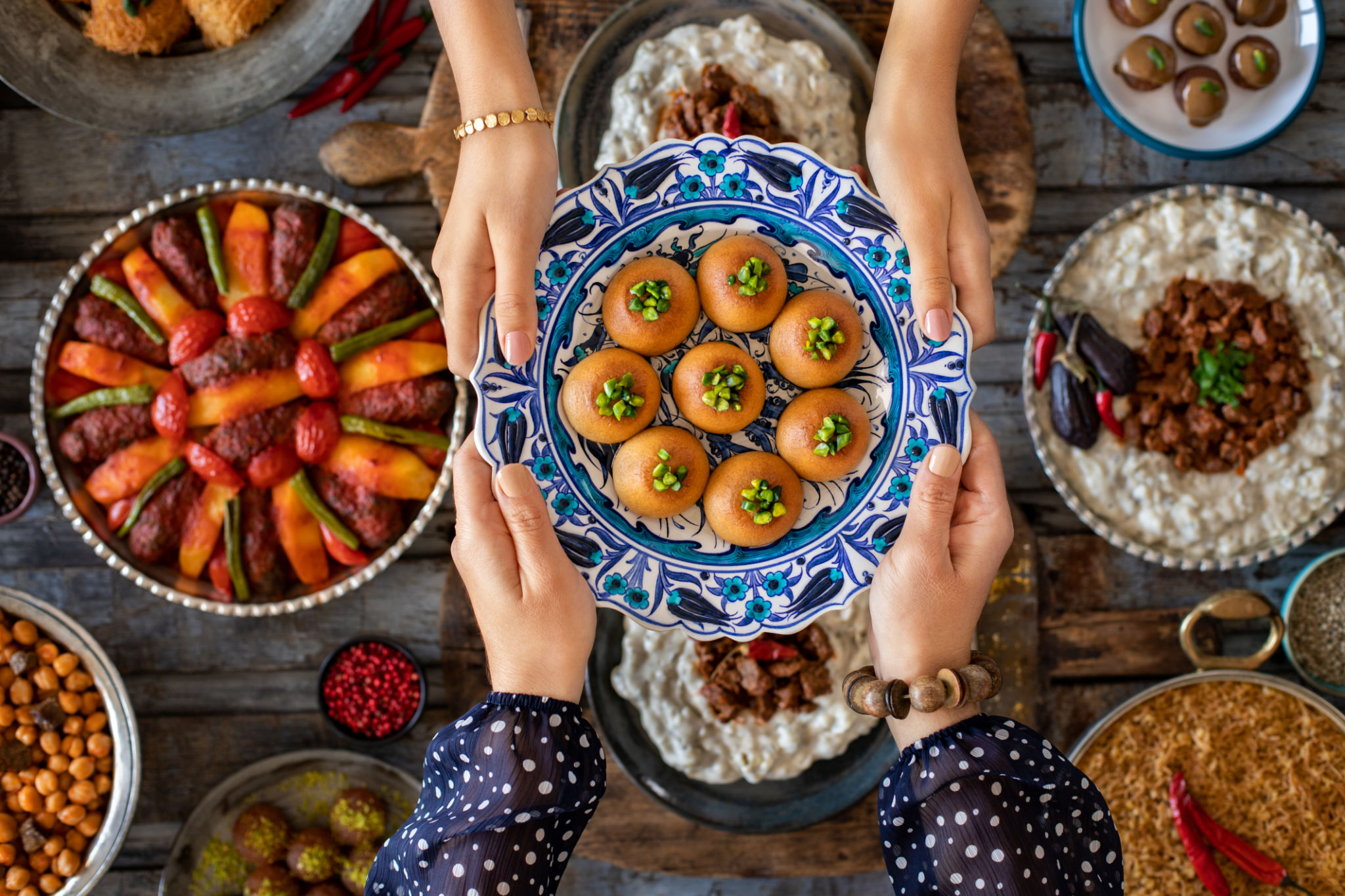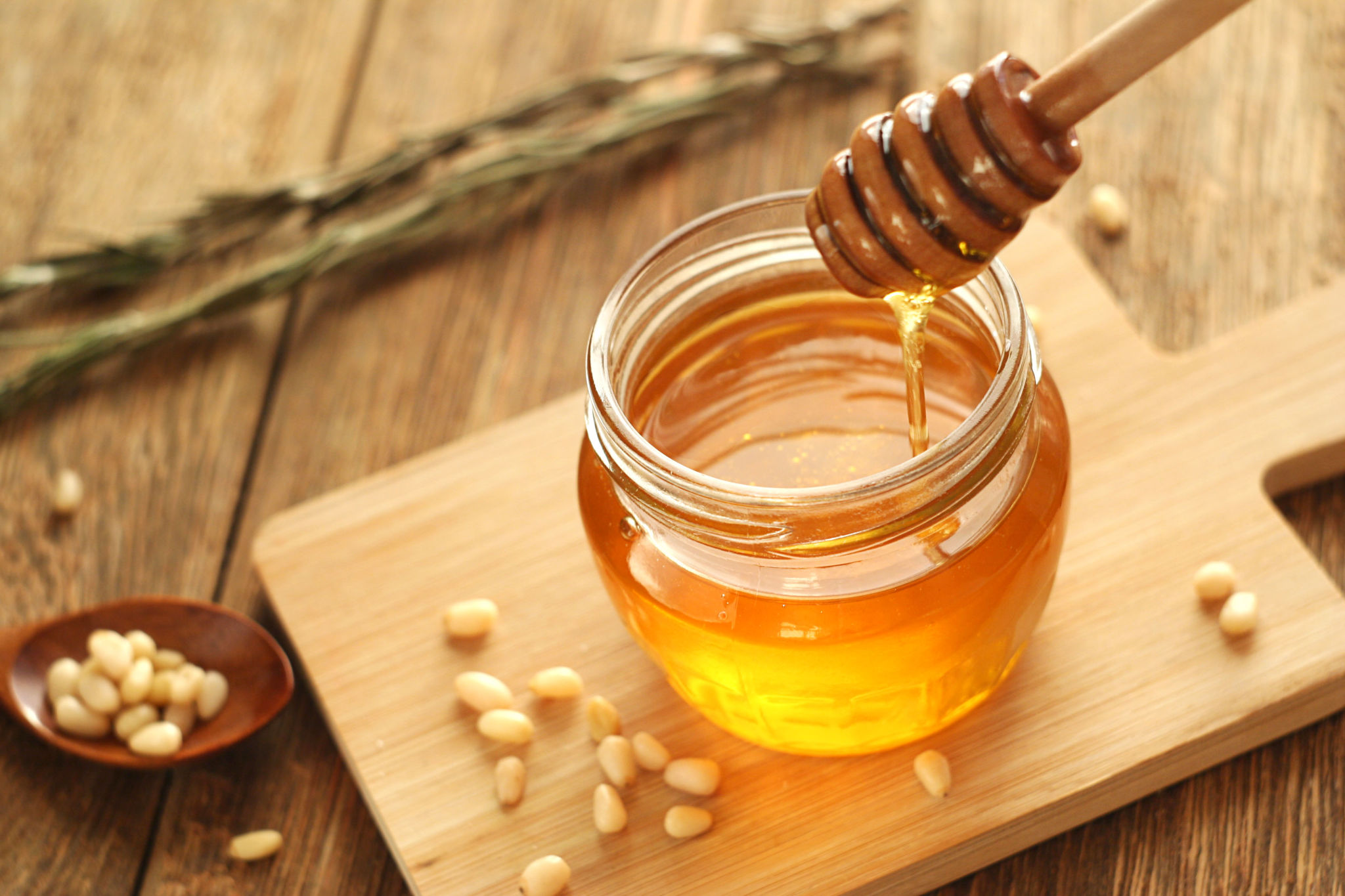Why Authenticity Matters: The Cultural Significance of Palestinian Sweets
The Rich Legacy of Palestinian Sweets
Palestinian sweets are more than just desserts; they are a vibrant expression of cultural heritage and tradition. These sweet treats have been passed down through generations, embodying stories and memories that resonate deeply within the Palestinian community. Each delicacy, whether it's the syrupy layers of kunafa or the nutty richness of baklava, represents a connection to the past and a celebration of identity.

Authenticity in these sweets is crucial as it preserves the original techniques and ingredients that give them their unique flavors. This authenticity is a testament to the resilience and creativity of the Palestinian people, who have maintained their culinary traditions despite numerous challenges. It's this genuine crafting process that sets Palestinian sweets apart from their counterparts and makes them a beloved part of Palestinian culture.
The Ingredients That Tell a Story
The ingredients used in Palestinian sweets are as significant as the sweets themselves. Ingredients such as nuts, honey, rose water, and semolina are staples that have been used for centuries. Each component brings with it a history of trade and agriculture in the region, reflecting the geographical and historical influences on Palestinian cuisine.
For instance, the use of olive oil in some sweets highlights the importance of olive cultivation in Palestine. Similarly, the inclusion of dates speaks to the agricultural practices that have sustained communities for generations. By savoring these sweets, one also tastes the essence of Palestinian land and its rich bounty.

The Artistry Behind Every Sweet
Crafting Palestinian sweets is an art form that requires skill and patience. Traditional recipes are often labor-intensive, involving meticulous preparation and a deep understanding of flavors. Many families have their own closely guarded recipes, handed down through generations, preserving the uniqueness of their regional variations.
The artistry is particularly evident in the intricate designs of some sweets, such as ma'amoul, which are often shaped using special molds. This attention to detail not only enhances the visual appeal but also pays homage to the craftsmanship inherent in Palestinian culinary practices.

Bridging Generations Through Sweets
For many Palestinians, sweets play a crucial role in family gatherings and celebrations. Sharing these desserts is an act of connection, bridging generations and reinforcing familial bonds. Whether it's during Ramadan, Eid, or weddings, sweets mark important milestones and bring people together in a shared experience of joy and tradition.
This shared love for sweets also acts as a cultural ambassador, introducing non-Palestinians to the rich flavors and traditions of Palestine. As people around the world discover these delicacies, they also gain insight into Palestinian culture and heritage.
The Global Impact of Authenticity
As Palestinian sweets gain international recognition, maintaining authenticity becomes even more significant. Authentic sweets serve as cultural ambassadors, representing Palestine on the global stage. They offer an opportunity for people worldwide to appreciate and respect Palestinian culture through its culinary achievements.
Furthermore, authenticity helps support local economies by empowering small businesses and artisans who produce these sweets using traditional methods. This not only preserves cultural heritage but also provides economic opportunities for communities in Palestine.

A Sweet Future Rooted in Tradition
In a world where culinary fusions are increasingly popular, the significance of authenticity in Palestinian sweets cannot be overstated. By preserving these traditional recipes and techniques, Palestinians are safeguarding their cultural identity for future generations.
The continued popularity of authentic Palestinian sweets encourages younger generations to learn about their heritage and take pride in their roots. It ensures that these cherished traditions remain vibrant and relevant as they are passed down through time.
In conclusion, Palestinian sweets are more than just delightful treats; they are a profound testament to cultural resilience and heritage. Their authenticity matters not only for preserving traditional flavors but also for celebrating the spirit and identity of the Palestinian people.
